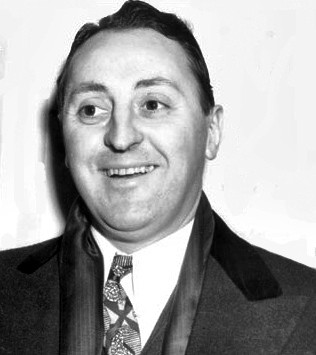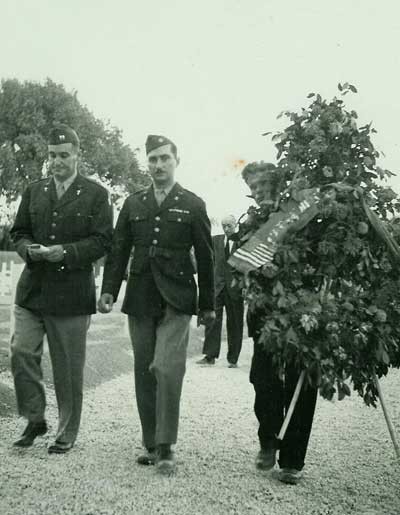Salvatore Aldisio
Italy
Bookmark
Share
Salvatore Aldisio was a leading Sicilian Catholic politician, who during the war was among the founders of the Christian Democrats, and High Commissioner for Sicily. He played a fundamental role in the recognition of the island's autonomy.
Born in Gela in 1890 into a wealthy family, Salvatore devoted himself to law studies in his youth and was very active in Sicilian Catholic associations.
In the aftermath of the First World War, his political activity led him to be first appointed secretary of the Partito Popolare Italiano in Caltanissetta, then elected from its ranks to the Chamber of Deputies in 1921. From his parliamentary seat, he fought against the Latifundist (large landowner orientated) structure of land ownership in Sicily and opposed the intolerant turn of the first phase of the Mussolini government.
He held office until the summer of 1924, when, after being re-elected in that year's elections, he lost his role due to his participation in the Aventino secession (protest of the parliamentary opposition to the Fascist government). Excluded from the political race due to his growing opposition to fascism, he then retired to private life, spending the following years running his own agricultural businesses.
Despite his Sicilian isolation, Salvatore had maintained contact with the leaders of the Italian Catholic movements. Therefore, once the fascist regime collapsed and the Allied military occupation began, he was among the supporters of the creation of the Christian Democratic party in December 1943 in Sicily and liberated Italy.
From 1944, against the rapidly changing political and institutional background of Italy, Salvatore held various posts. In March he was appointed prefect of Caltanissetta, and immediately afterwards became part of the second Badoglio government as Minister of the Interior. As early as August 1944, he was also appointed High Commissioner for Sicily, a position he held until March 1946. He held the role a clear republican and autonomist attitude, playing a decisive role in the approval of regional autonomy, but at the same time maintained a strongly anti-separatist stance.
Finally, he held numerous political posts in the post-Second World War years. He was elected to the Constituent Assembly in 1946 and to the Senate in the first republican legislature two years later. In 1953, he was elected to the Chamber of Deputies. In those years he headed several ministries, including the Merchant Navy, Public Works and Industry ministries in the De Gasperi and Fanfani governments. He remained in office as an MP for three terms, until his death in 1964.


